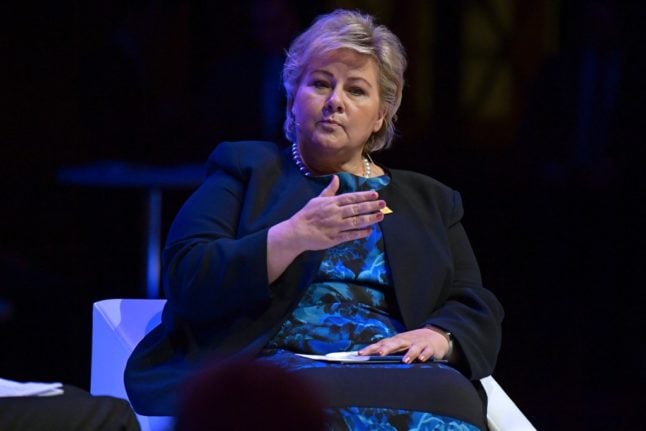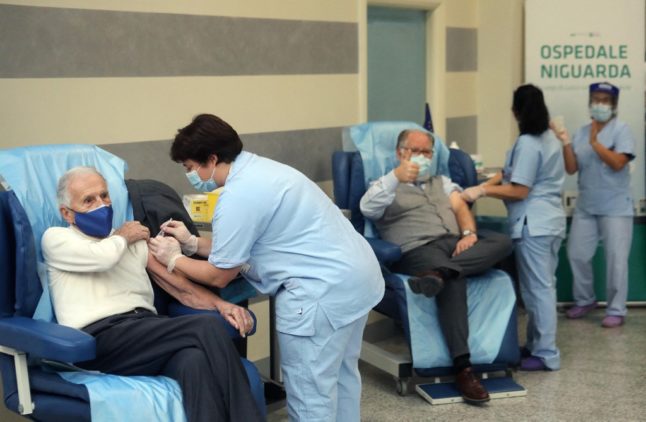“If there are no major challenges with vaccine production, our forecasts indicate that we will reach the goal that everyone in the adult population has been offered a vaccine just before or at the beginning of summer,” she told broadcaster TV2.
Solberg added that this target might be missed if unforeseen circumstances occur such as issues with vaccine deliveries. The National Institute of Public Health (NIPH) is expected to publish an updated plan for Norway’s vaccination programme this week.
Norway’s decision to extend its suspension of the AstraZeneca vaccine has delayed the programme, but Solberg said that all adults could still be offered a vaccine by summer.
She added that the vaccination program is an important factor in being able to reopen the country. She is expected to present her plan for reopening over Easter and will provide a clearer picture of what to expect.
“I hope we will be able to open up many parts of society before September, but we must have control of infections,” she told the broadcaster.
The PM refused to get drawn into details of when we can expect to see retail, hospitality and nightlife fully reopen.
“As long as we have a pandemic and are not vaccinated well enough, we cannot date different things, “she said.
‘A good sign’: Norway’s health chief says reason to be positive despite surge in infections
The reproduction rate, or R number, will be key in assessing future developments rather than the number of infections according to Solberg.
“The R-number should be below 1, that is what ensures that the infection does not increase,” she said.
An R-number below 1.0 means that 10 people with the virus will pass it on to fewer than 10 others. As such, the epidemic will recede.
The prime minister added that she also couldn’t promise anything when it comes to concerts, festivals and other large events, which she believes have the potential to be major spreaders of Covid-19.
“We can still experience a large spread of infection, even though many have been vaccinated. If many are together, the potential for a wave of infection will still be there,” she said.



 Please whitelist us to continue reading.
Please whitelist us to continue reading.
Member comments